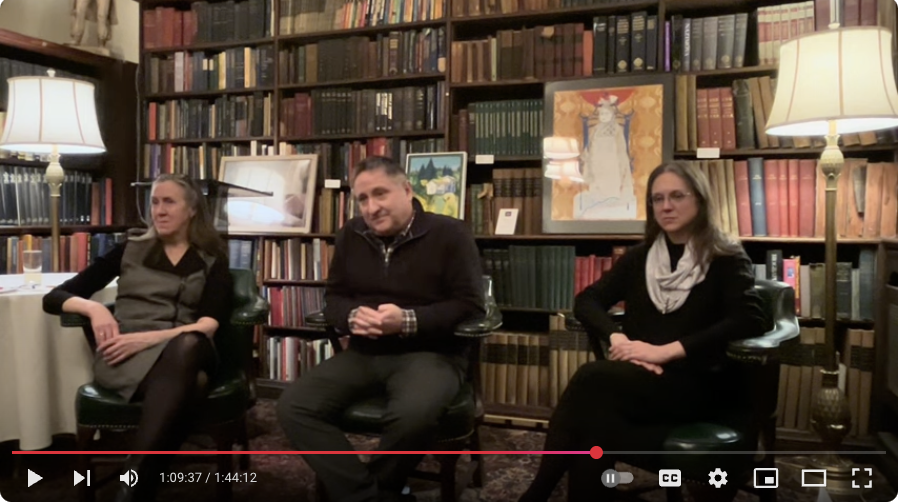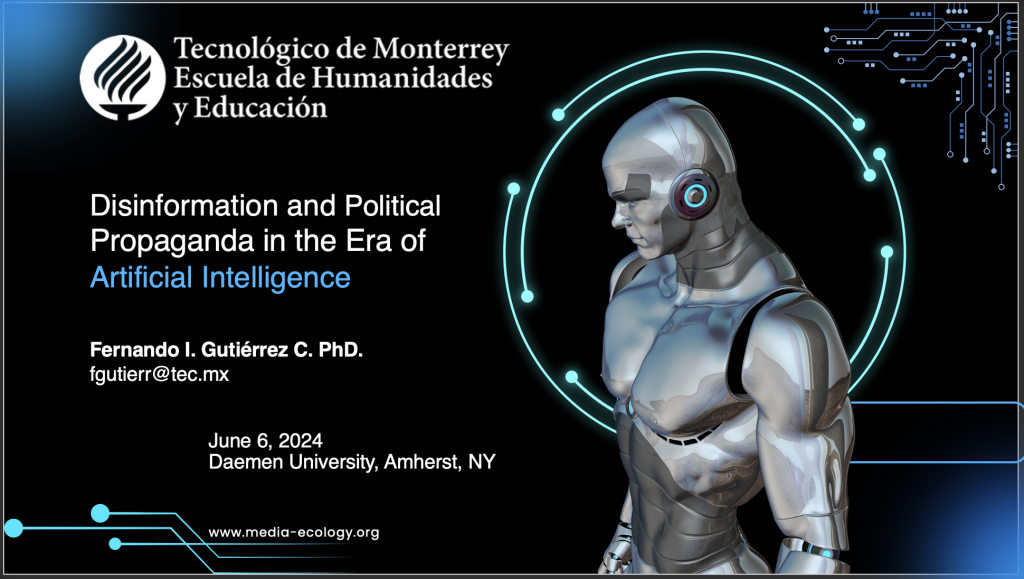The methods and techniques of political propaganda, and the impact of propaganda on public perceptions and behaviors, have attracted the attention of general semantics scholars since the initial formulation of the discipline. It is well known that Alfred Korzybski’s experience as a soldier in World War I was a key source of his motivation to develop general semantics in hopes of promoting a more sane, humane world.
Korzybski developed the key principles of general semantics during an extremely turbulent era, when people were acutely aware of the potentially devastating impact of propaganda and the way it was being used to justify horrific behavior. Since then, many other scholars have addressed propaganda from a general semantics perspective. Neil Postman, former editor of ETC: A Review of General Semantics, argued in a 1979 ETC article that “[o]f all the words we use to talk about talk, propaganda is perhaps the most mischievous.” Others, such as Jacques Ellul and Terence Moran, also contributed work to ETC where they offered their perspectives on propaganda and its relation to general semantics, and the two recent consecutive special issues of ETC on general semantics and politics demonstrate the continued relevance of the discipline to our understanding of political discourse and propaganda.
In keeping with this long standing tradition of using the principles of general semantics to understand and push back against political propaganda, this session focused on the heightened awareness and concern about misinformation and disinformation in the contemporary media environment during the recent elections in the United States and elsewhere, when artificial intelligence, message personalization, and strategic use of social media were used to influence and persuade the public in a more sophisticated and targeted manners.

Panelists
Fernando Gutiérrez earned a Ph.D. in Design and Data Visualization from the Metropolitan Autonomous University in Mexico and a master’s degree in Information Technologies from Tecnológico de Monterrey. In 1996, he collaborated with the team that designed the first internet system for the Office of the President of Mexico. He is a member of Mexico’s National Researchers System and serves as the Executive Secretary of the Media Ecology Association. An author of numerous books and publications on media and communication, his notable works include Internet: The Intelligent Medium and Understanding Media in the Digital Age, co-edited with Lance Strate and Octavio Islas. He currently leads the Division of Humanities and Education at the State of Mexico campus of Tecnológico de Monterrey.
Christina M. Knopf is a professor and the presentation skills coordinator in the Communication and Media Studies Department, and the Assistant Dean in the School of Arts and Sciences, at the State University of New York (SUNY) at Cortland. She is the author of Politics in the Gutters: American Politicians and Elections in Comic Book Media (University Press of Mississippi, 2021) and The Comic Art of War: A Critical Study of Military Cartoons, 1805-2014 (McFarland, 2015), along with numerous critical essays on politics and military culture in the popular arts. Dr. Knopf is a series co-editor for Routledge’s Advances in Comics Studies. She holds a Ph.D. concentrating in cultural sociology and political communication from the University at Albany.
This event took place on Friday, January 17, 2025 at the historic Players Club in Gramercy Park, New York City, New York.

